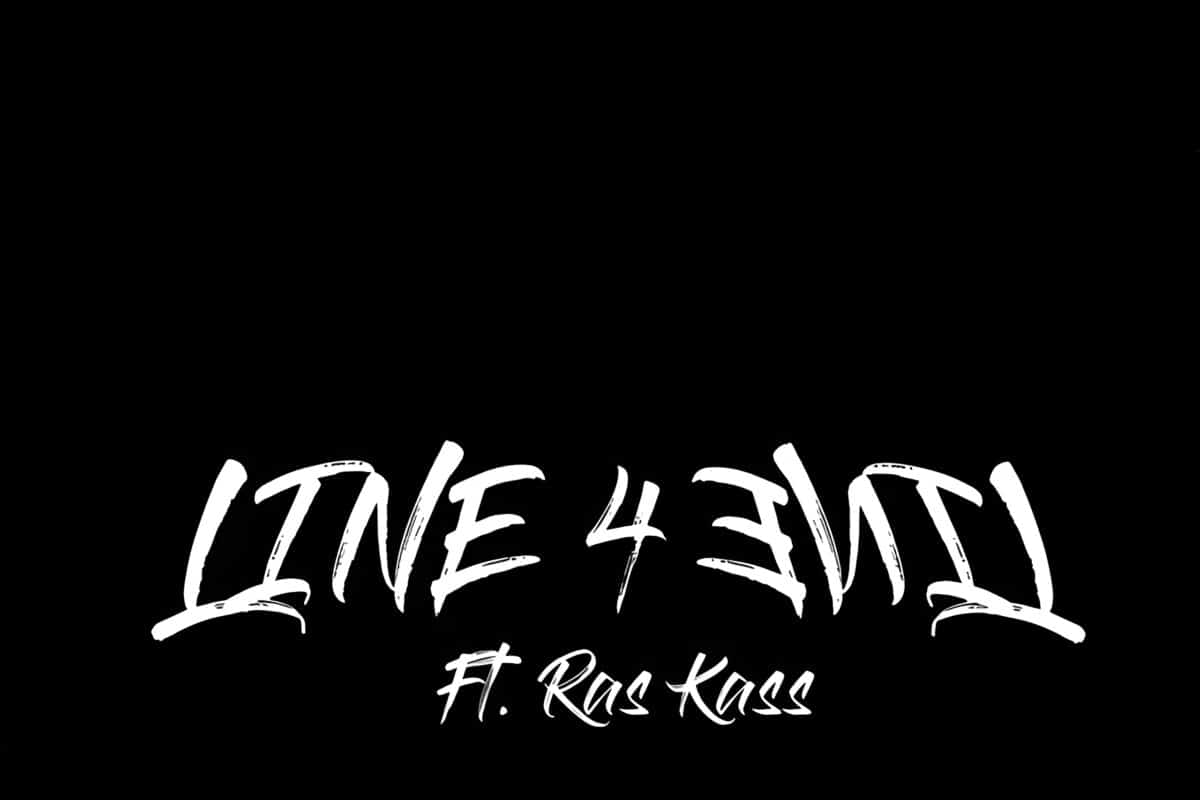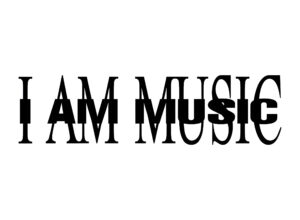Released: 2018
“Sonset” by Ras Kass is a quintessential track that delves into the cultural rivalry between the East and West Coast hip-hop scenes, with a deep sense of pride and assertiveness. Ras Kass articulates the West Coast perspective, challenging the preconceived notion of hip-hop’s supremacy being tied to its geographical origins. He uses clever wordplay, aggressive imagery, and cultural references to assert his prowess as a rapper, questioning the validity of coast-based superiority in hip-hop.
The hook and chorus of the song lay the groundwork for Ras Kass’s message. It captures his position as a passionate fan of rap, stating that despite not witnessing legendary events in hip-hop history, such as Afrika Bambaataa’s early performances in the Bronx, he remains a force to be reckoned with. His metaphors of ‘snapping skulls in the dark’ and shoving an ‘ampex 4-9-9 up your rectum’ showcase his aggression and readiness to dominate lyrically, demanding respect for the reality he brings.
As the verses unfold, Ras Kass adopts an unapologetic tone, projecting the tensions and competitiveness in hip-hop. He begins with a powerful line referencing ‘Bloody Mary,’ reflecting a feeling of self-examination amidst chaos and threats. The metaphor of ‘tennis hoe pimpin’’ paints a picture of exploitation and manipulation, underscoring his strategy of dealing with rivals in the rap game.
The artist skillfully interweaves cultural references such as Jeet Kune Do, a martial arts philosophy developed by Bruce Lee, symbolizing his interceptive style of dealing with subliminal disses. He criticizes the legislative system as ‘incredulous legislature’ which speaks to his frustration with political and cultural establishments, displaying a mindset that challenges conventional norms.
A distinctive aspect of this track is the play on words and slang. Phrases like ‘pressing California license plate’ signify asserting dominance across all states, while ‘looking for the line’ can imply searching for the next move or lyric. He connects these lines with relatable images like ‘lamb skin, Marc Buchanan’ coats, tying into fashion trends of the time.
The subsequent verses continue Ras Kass’s confrontation of East Coast dominance, highlighting the discrepancies he sees in regional recognition within hip-hop. The ‘Green Gar GNU’ alludes to cultural perceptions and stereotypes. His wordplay continues with clever uses of ‘gniggas’ and ‘gnext’ to mock pretensions in the industry. These word tricks illustrate his adeptness at bending language to suit his narrative.
In another segment, Ras Kass mentions his ‘octagon’ reference, aligning himself with a combative mentality similar to the Gracie family’s Brazilian jiu-jitsu techniques. The UFC connection speaks to his readiness to face any dissidents with skill and power, echoing the underlying combative spirit of the song. His dismissive tone towards tape ‘discussions’ indicates his disdain for superficial or hypocritical critiques from afar.
A standout moment comes when he addresses the myth of hip-hop’s quality being directly tied to its origin. His historical callout, ‘Respect due to the pioneers,’ acknowledges the roots but critiques the perceived outdated claim to superiority. The rhetorical question, ‘why it matter where rap started,’ challenges listeners to evaluate music by its content rather than birthplace, questioning regional elitism.
Towards the song’s end, Ras Kass confidently stakes his claim as an influential figure on the West Coast. His description of himself as the ‘mother fuckin’ man like homo erectus’ aligns with his image of evolution and standing upright in the music industry. By discrediting the superficial East Coast validation through New York residency or accent, he declares his autonomy and rejects pigeonholing based on origin.
In summary, ‘Sonset’ is more than a lyrical exhibition; it’s a provocative dialogue about hip-hop’s identity politics. By questioning entrenched biases and celebrating his own heritage, Ras Kass defends the merit of individual artistry and ingenuity. The song serves as a testament to the ongoing conversation in hip-hop regarding authenticity and recognition, providing both a critique and a celebration of the genre’s diverse cultural landscape.








